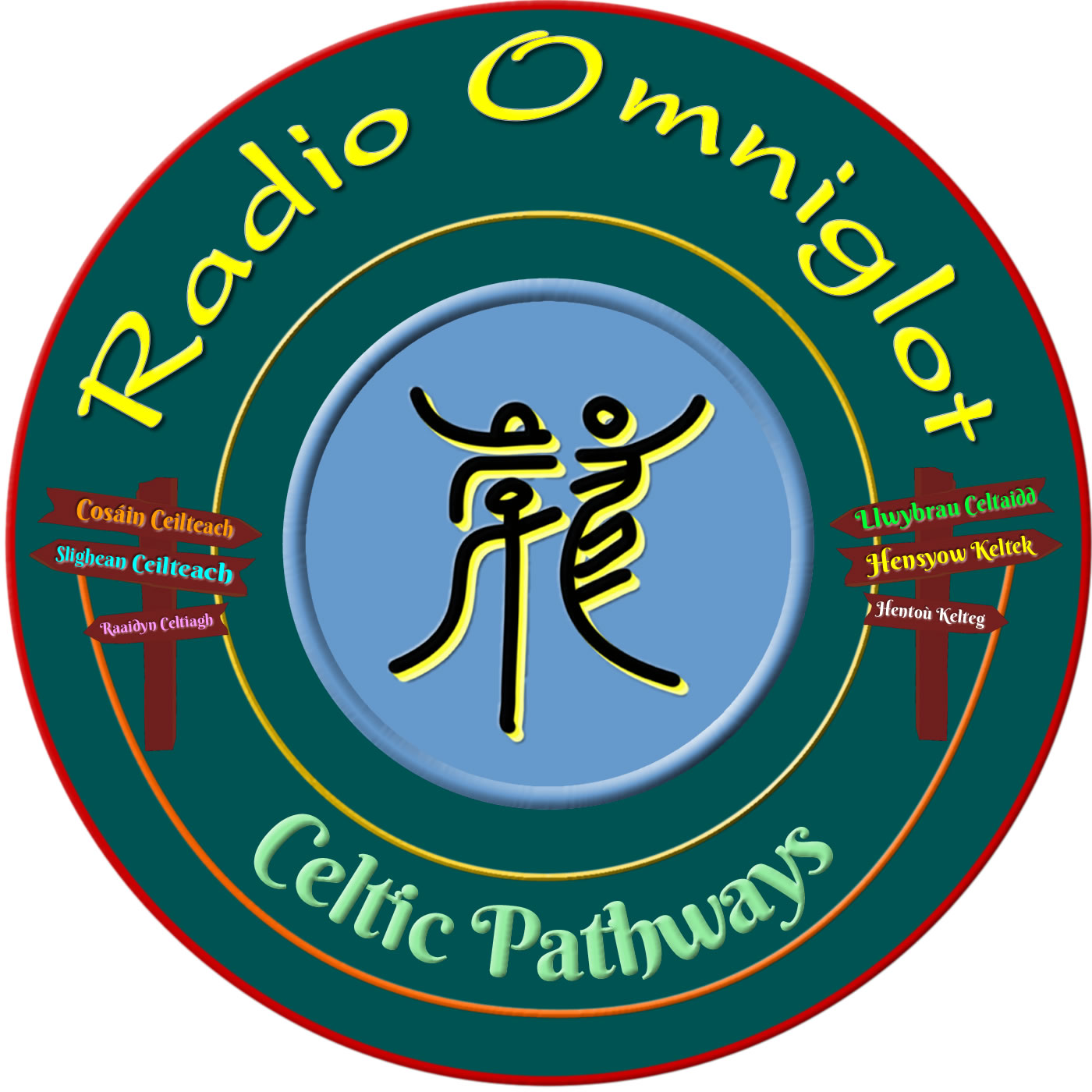Adventures in Etymology – Sticky Climbs
Description
In this Adventure in Etymology we uncover the sticky roots of the word climb.
Meanings of climb [klaɪm] include:
- To ascend, rise or go up
- To mount, move upwards
- To scale, get to the top of
- To move by gripping with the hands and using the feet
It comes from Middle English climben [ˈkli(ː)mbən / ˈkli(ː)mən] (to climb, scale, ascend) – the b was no longer pronounced in Late Middle English – from Old English climban [ˈklim.bɑn] (to climb), from Proto-West Germanic *klimban (to climb), from Proto-Germanic *klimbaną (to climb), probably from *klibāną (to stick, adhere) from Proto-Indo-European *gley- (to smear, to stick, putty, glue) [source].
Words from the same roots possibly include glue, gluten, clay, to cleave, cliff, cloth in English, klimmen (to climb) and kleven (to stick, glue) in Dutch, glynu (to stick, adhere) in Welsh, and glina (clay, loam) in Polish [source].
The English word clamber (to climb with difficulty or in a haphazard fashion) possibly also comes from the same roots, and is related to klambra (to clamp) in Icelandic and klamra (to cling) in Swedish [source].
Incidentally, the word to cleave can mean both to split or sever something with a sharp instrument, and to adhere, cling, or stick fast to something. The second meaning shares common roots with climb, but the first doesn’t [source]
Instead, it comes from Middle English cleven (to cleave, split, slice), from Old English clēofan (to cleave, split), from Proto-West Germanic *kleuban (to split, cleave), from Proto-Germanic *kleubaną (to split, cleave), from Proto-Indo-European *glewbʰ- (to cut, to slice) [source].
Related words include cleft and glyph in English, kloof (gap, gorge, ravine) in Dutch (and in Afrikaans and South African English), and глубокий [ɡɫʊˈbokʲɪj] (deep, profound) in Russian [source].
If you would like to support this podcast, you can make a donation via PayPal or Patreon, or contribute to Omniglot in other ways.
Radio Omniglot podcasts are brought to you in association with Blubrry Podcast Hosting, a great place to host your podcasts. Get your first month free with the promo code omniglot.
I also write about words, etymology and other language-related topics on the Omniglot Blog, and I explore etymological connections between Celtic languages on the Celtiadur blog.










